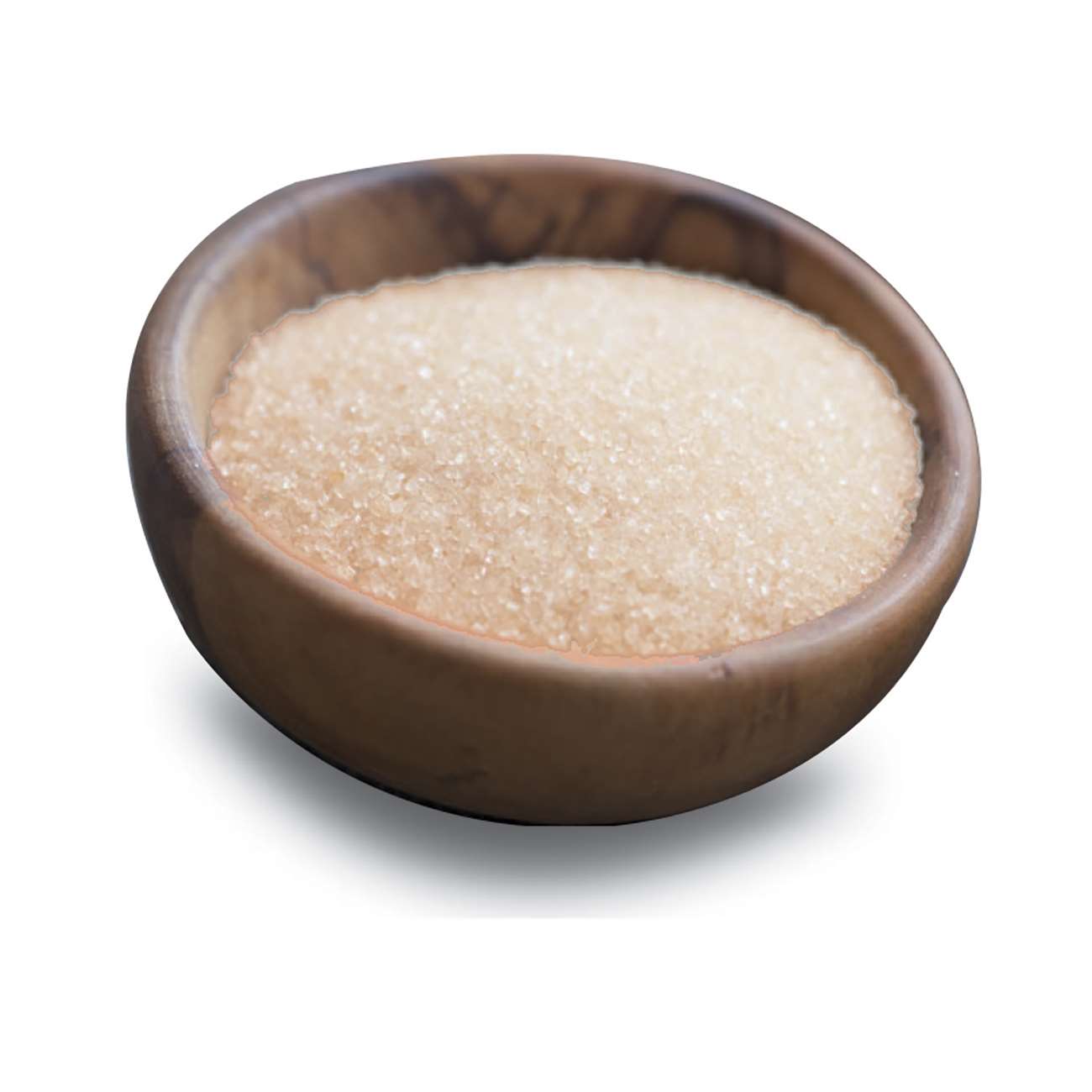The Science Behind Cane Sugar Processing: Exactly How Sweet Taste is Fine-tuned
The Science Behind Cane Sugar Processing: Exactly How Sweet Taste is Fine-tuned
Blog Article
A Comprehensive Overview of the Health and Economic Ramifications of Walking Stick Sugar Processing on Regional Areas
Walking stick sugar processing plays a pivotal function in forming the financial landscape of local neighborhoods, using work possibilities and boosting ancillary industries. The health and wellness implications linked with high sugar intake can not be forgotten, as they contribute to rising rates of excessive weight and diabetes.
Economic Benefits of Walking Cane Sugar Handling
Walking stick sugar processing supplies considerable economic advantages that prolong past the prompt agricultural sector. The cultivation and handling of sugarcane create countless task opportunities, from farming to production and distribution. This work generation not only supports neighborhood economies however likewise promotes area growth by supplying stable earnings sources for households.
Furthermore, the sugar sector stimulates secondary companies, consisting of transportation, devices supply, and product packaging services (Cane Sugar Processing). As these fields grow, they add to a much more robust financial framework, improving overall community strength. The export potential of refined cane sugar additionally enhances financial benefits, positioning regions as competitive gamers in international markets
Investment in contemporary processing centers can lead to boosted productivity and effectiveness, thereby minimizing waste and enhancing source use. This change not just benefits the local economy but likewise supports sustainability initiatives by reducing ecological impacts.
Furthermore, the earnings produced from cane sugar handling can be reinvested in neighborhood framework, education and learning, and medical care, advertising alternative community growth. Overall, the financial advantages of cane sugar handling are diverse, providing a structure for sustaining success in farming regions.
Health And Wellness Dangers Connected With Sugar Usage
Extreme sugar consumption postures considerable wellness dangers that warrant severe attention. High consumption of added sugars, particularly from refined foods and beverages, has actually been linked to various wellness difficulties.
In addition, high sugar intake is related to heart disease. Elevated blood sugar levels can result in insulin resistance, a forerunner to different heart-related issues. In addition, sugar can have harmful effects on dental health, leading to cavities and gum tissue disease, as germs in the mouth grow on sugar, producing acids that wear down tooth enamel.
Furthermore, emerging research study recommends a potential web link in between high sugar consumption and psychological wellness conditions, such as clinical depression and anxiousness. As communities come to grips with these wellness risks, it ends up being necessary to advertise awareness and encourage healthier dietary options. Addressing sugar consumption is crucial not only for individual wellness however likewise for the total health of neighborhood areas, emphasizing the demand for extensive public health and wellness approaches.
Ecological Influences of Sugar Production
Frequently neglected in discussions about sugar's ramifications is the considerable environmental impact of sugar production. The cultivation of sugarcane usually necessitates substantial land usage, bring about deforestation, loss of biodiversity, and interruption of regional ecosystems. The conversion of woodlands and marshes into sugar ranches can result in habitat devastation, harmful many types and altering ecological equilibrium.
In addition, sugar manufacturing is resource-intensive, consuming considerable amounts of water for irrigation. This can cause deficiency of neighborhood water sources, negatively impacting both agricultural practices and community access to clean water. Additionally, making use of chemical plant foods and pesticides in sugarcane farming can contribute to dirt degradation and water contamination, as drainage from these chemicals enters close-by rivers and lakes, impacting aquatic life and human wellness.
The environmental impact reaches the processing stage, where energy consumption and waste generation further aggravate environmental concerns. Air air pollution from burning sugarcane areas, together with greenhouse gas exhausts, add to climate modification. Because of this, the ecological effects of sugar production warrant serious factor to consider, advising stakeholders to embrace more lasting practices to minimize these unfavorable results on local ecosystems and neighborhoods.
Work Creation and Area Growth
The environmental challenges presented by sugar manufacturing are commonly counterbalanced by its capacity for financial advantages, particularly in job development and area development. The walking stick sugar market functions as a considerable resource of employment in several backwoods, offering tasks across various skill levels, from farming labor to handling and circulation functions. This work not only supports private family members however also adds to the total economic vitality of regional neighborhoods.
In addition, the establishment of sugar processing centers stimulates ancillary companies, such as transportation solutions, equipment here supply, and upkeep providers. As these organizations grow, they develop added work and bolster regional economic climates. The revenue created from the sugar sector additionally results in raised tax earnings, which can be reinvested right into area services such as medical care, education and learning, and facilities development.
Additionally, the sugar industry usually participates in neighborhood growth campaigns, such as sustaining neighborhood institutions and health and wellness programs, consequently boosting the high quality of life for residents. By cultivating solid area ties and advertising economic growth, the walking cane sugar handling sector plays a vital function in uplifting neighborhood populations, making it a crucial element of lasting development methods in sugar-producing regions.
Harmonizing Health and Economic Development
In navigating the intricacies of walking stick sugar processing, a crucial challenge hinges on balancing wellness considerations with economic development. The sugar industry significantly adds to neighborhood economic climates by generating work, stimulating relevant industries, and increasing tax obligation earnings. However, the health and wellness effects linked with excessive sugar consumption can result in chronic illness such as excessive weight, diabetes, and cardiovascular issues, which can problem public health systems and decrease labor force efficiency.

Additionally, regulative structures can play a critical role in assisting industry practices towards more health-conscious and sustainable strategies. By fostering partnership between government bodies, health and wellness companies, and the sugar sector, neighborhoods can browse the duality of health and wellness and financial development, making sure that the advantages of cane sugar processing are equitably shared while focusing on public health and wellness.
Conclusion
To conclude, the processing of cane sugar provides both considerable economic advantages and remarkable health and wellness risks for neighborhood neighborhoods. While it promotes task production and boosts local advancement, the affiliated health worries, specifically relating to weight problems and diabetic issues, Bonuses necessitate a careful balancing act. By promoting accountable usage and investing in community education and learning and sustainable practices, it is possible to make the most of economic advantages while decreasing damaging health results, thereby guaranteeing a healthier future for regional populaces.
Furthermore, sugar can have detrimental impacts on oral health, resulting in dental caries and periodontal condition, as germs in the mouth prosper on sugar, producing acids that erode tooth enamel.
Dealing with sugar usage is essential not only for private health yet also for recommended you read the overall well-being of neighborhood communities, stressing the requirement for thorough public wellness approaches.
Often overlooked in discussions about sugar's effects is the substantial environmental effect of sugar manufacturing. The health ramifications connected with excessive sugar consumption can lead to chronic conditions such as obesity, diabetes, and cardio issues, which can problem public health and wellness systems and diminish workforce productivity.

Report this page